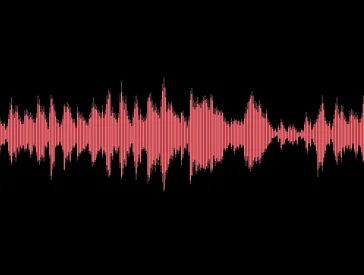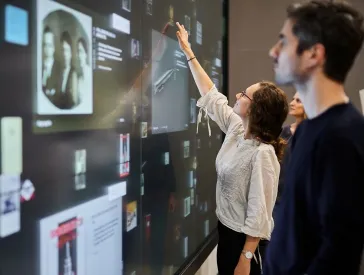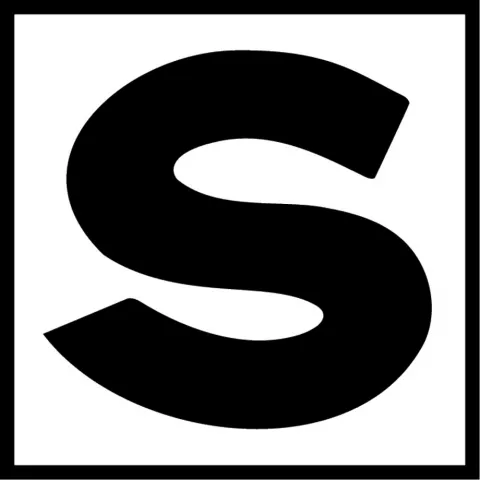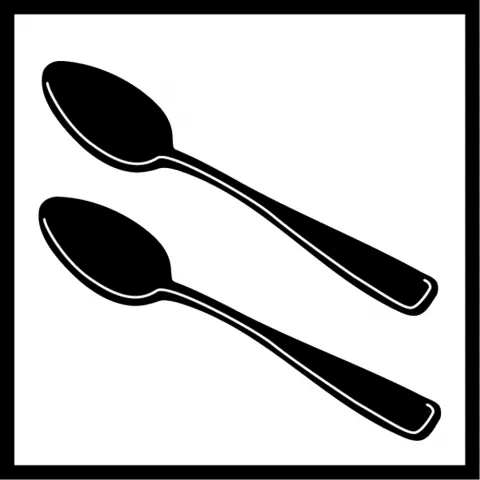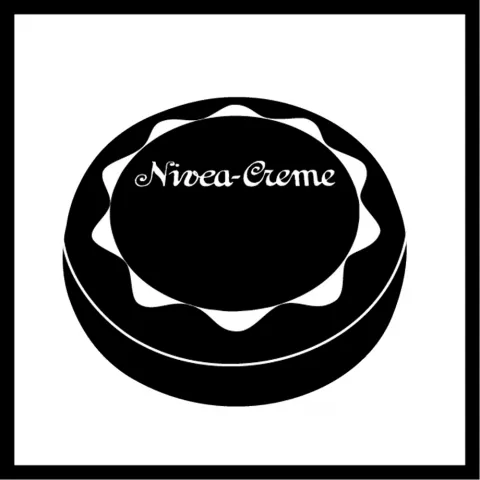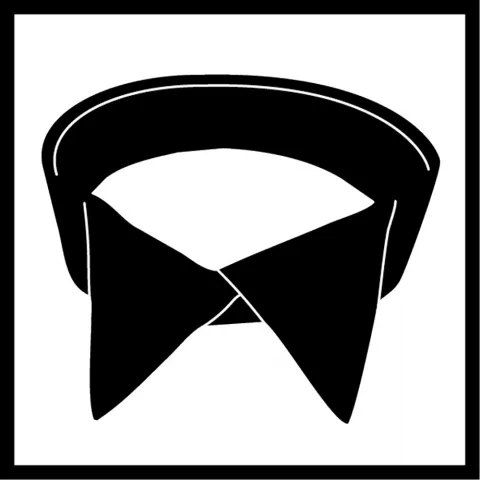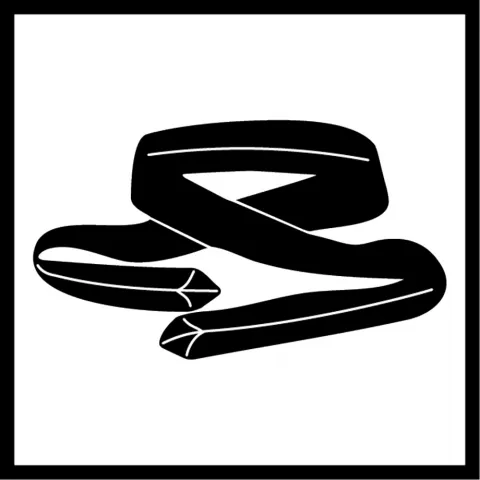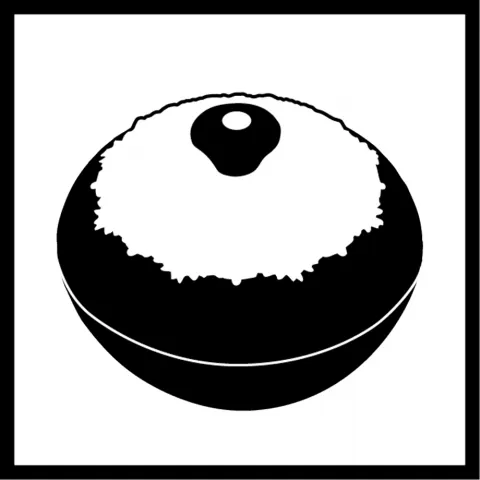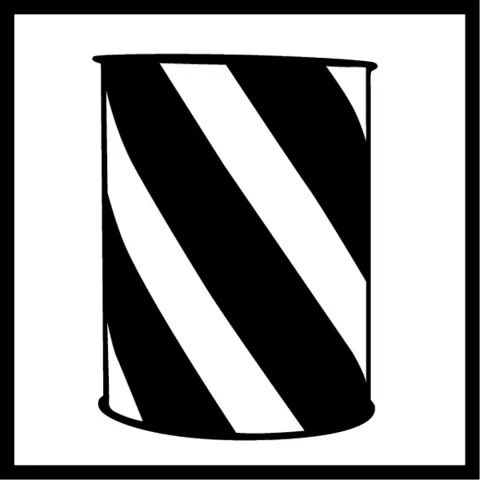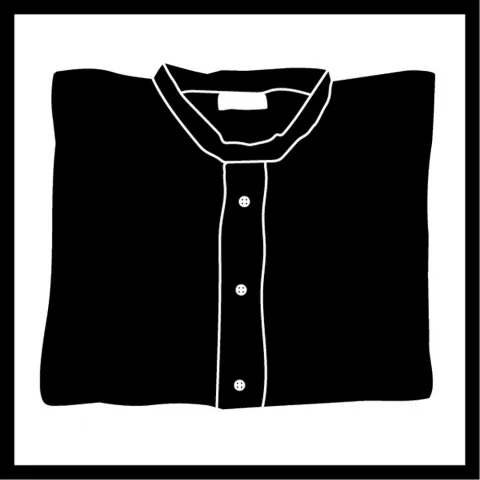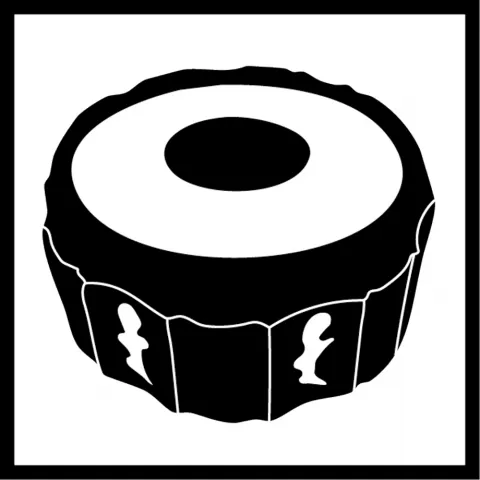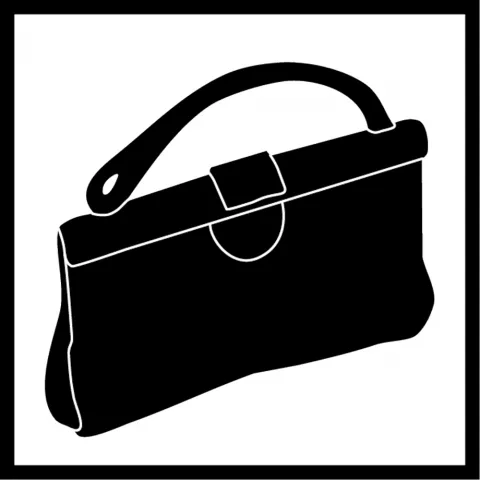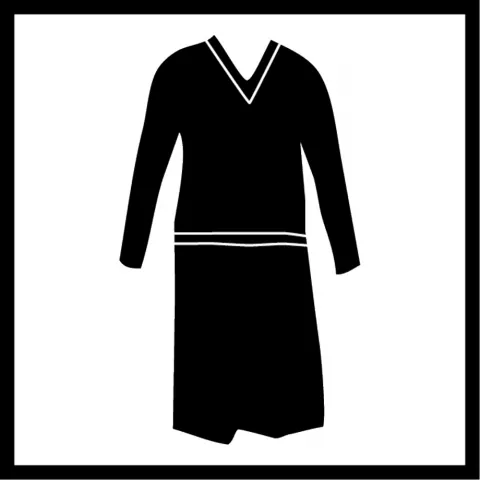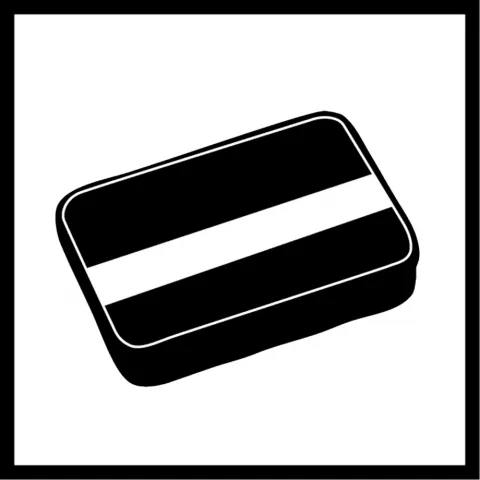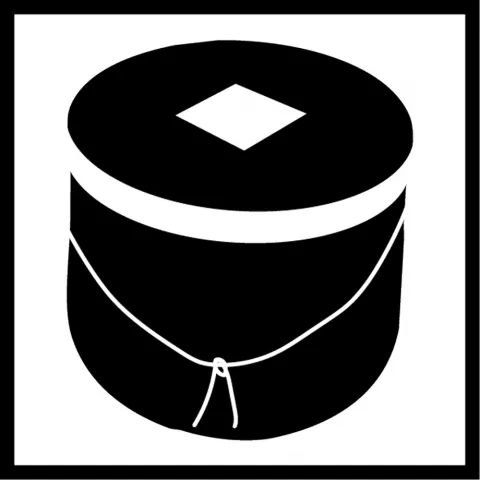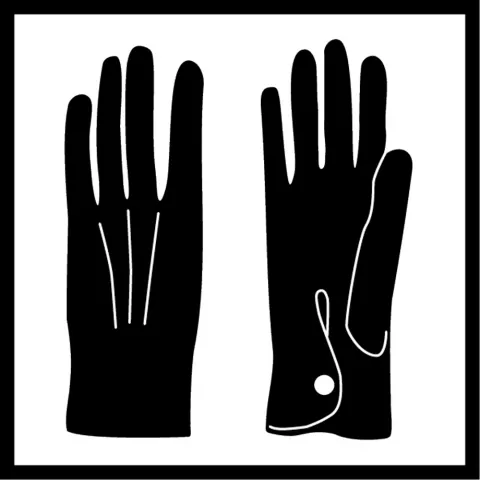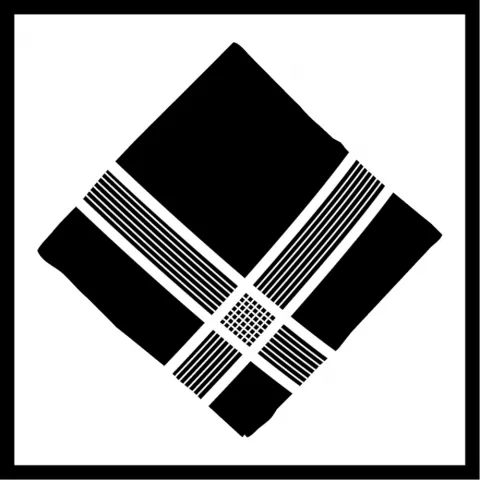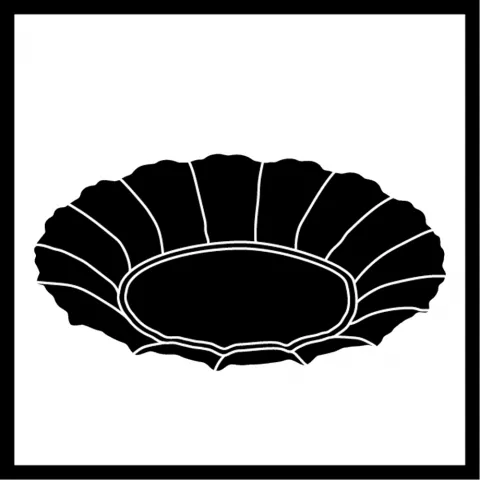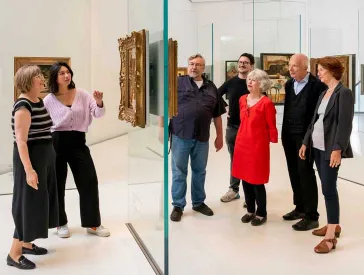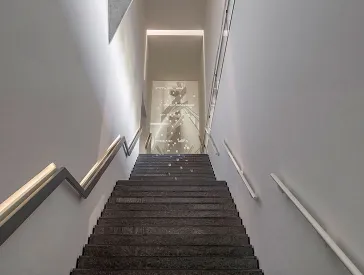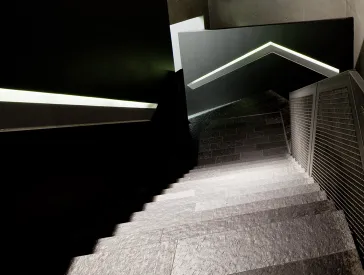
Inventories
The Legacy of Salman Schocken – Exhibition
The Jewish Museum Berlin (JMB) invited US author Joshua Cohen to explore the cultural legacy of the publisher and department-store entrepreneur Salman Schocken. Through books and objects from the JMB collection, Joshua Cohen comments on the history of Salman Schocken’s publishing house, which he takes as a vantage point for a present-day perspective on culture and capital, department stores and museums – and, not least, all manner of (re)acquisition and belonging.
Past exhibition
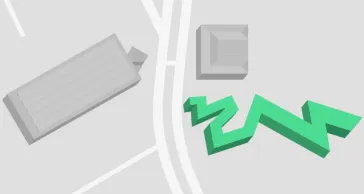
Where
Libeskind Building, ground level, Eric F. Ross Gallery
Lindenstraße 9–14, 10969 Berlin
A Glimpse into the Exhibition
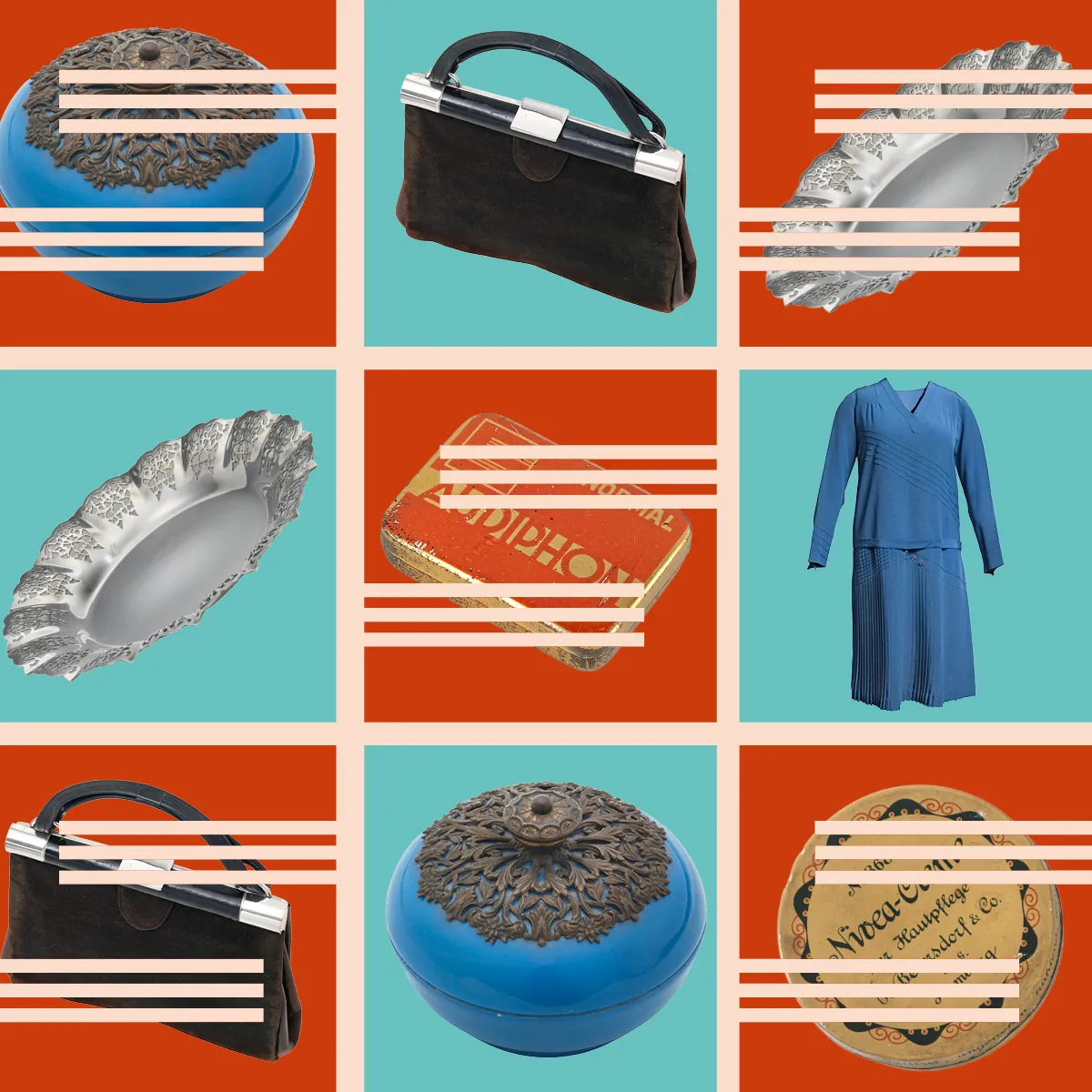
Exhibition Inventories: The Legacy of Salman Schocken: Features & Programs
Exhibition Webpage
Current page: Inventories (20 May to 12 Oct 2025) – exhibition website with some objects from the exhibition and all audio pieces written and narrated by Joshua Cohen
Publications
JMB Journal 27: Inventories: The Legacy of Salman Schocken: An Issue on the Publisher, Patron of the Arts, Zionist, Art Collector and Businessman, Oct 2025
Digital Content
- A short interview with Joshua Cohen: Watch the video on our YouTube channel!
- Joshua Cohen in Conversation on the Exhibition: Video recording from 20 May 2025
- Jewish department stores and their owners on Jewish Places: Visualization on an interactive map
See also
Audio Pieces from the Exhibition
Three questions to Joshua Cohen; Jewish Museum Berlin 2025
Exhibition Information at a Glance
- When 20 May to 12 Oct 2025
- Where Libeskind Building, ground level, Eric F. Ross Galerie
Lindenstraße 9–14, 10969 Berlin
See Location on Map
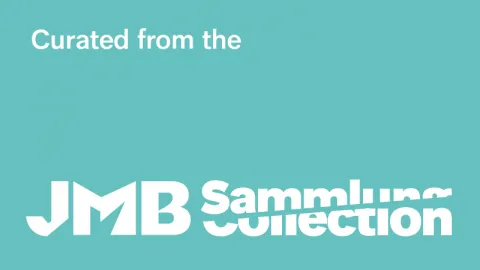
Accessibility Information
- The exhibition is accessible to visitors with mobility restrictions.
- Exhibits and exhibition texts can mainly be viewed and read while seated.
- All exhibition texts are available in German and English.
- There is no information in plain language.
- There is no information in German Sign Language.
- There are listening stations in English. They can be accessed via your smartphone using a QR code.
- There are also stations with headphones on which all audio texts are played in a loop.
- There is no hearing amplification in the form of induction loops and neck ring loops.
- There are reading corners where you can sit down and relax.
- Seating is provided in the exhibition. There are folding stools to borrow directly in the rooms.
- The coat room has wheelchairs, which you may borrow during your visit. You can also reserve a wheelchair by contacting our staff via contact form.
- The objects in the exhibition are uniformly brightly lit. The exhibition texts are predominantly visually rich in contrast.
- All exhibition texts are available as a brochure, which can be found at the entrance to the exhibition. The audio texts and their German translation can also be found on this website.
- There is no floor guidance system and there are no tactile models in the exhibition.
Extensive information about accessibility can be found at Accessibility at the Jewish Museum Berlin.
Do you need more information on accessibility for your visit to the museum? Contact our visitorsʼ services staff, who will help you: Contact form.
Sponsored by

